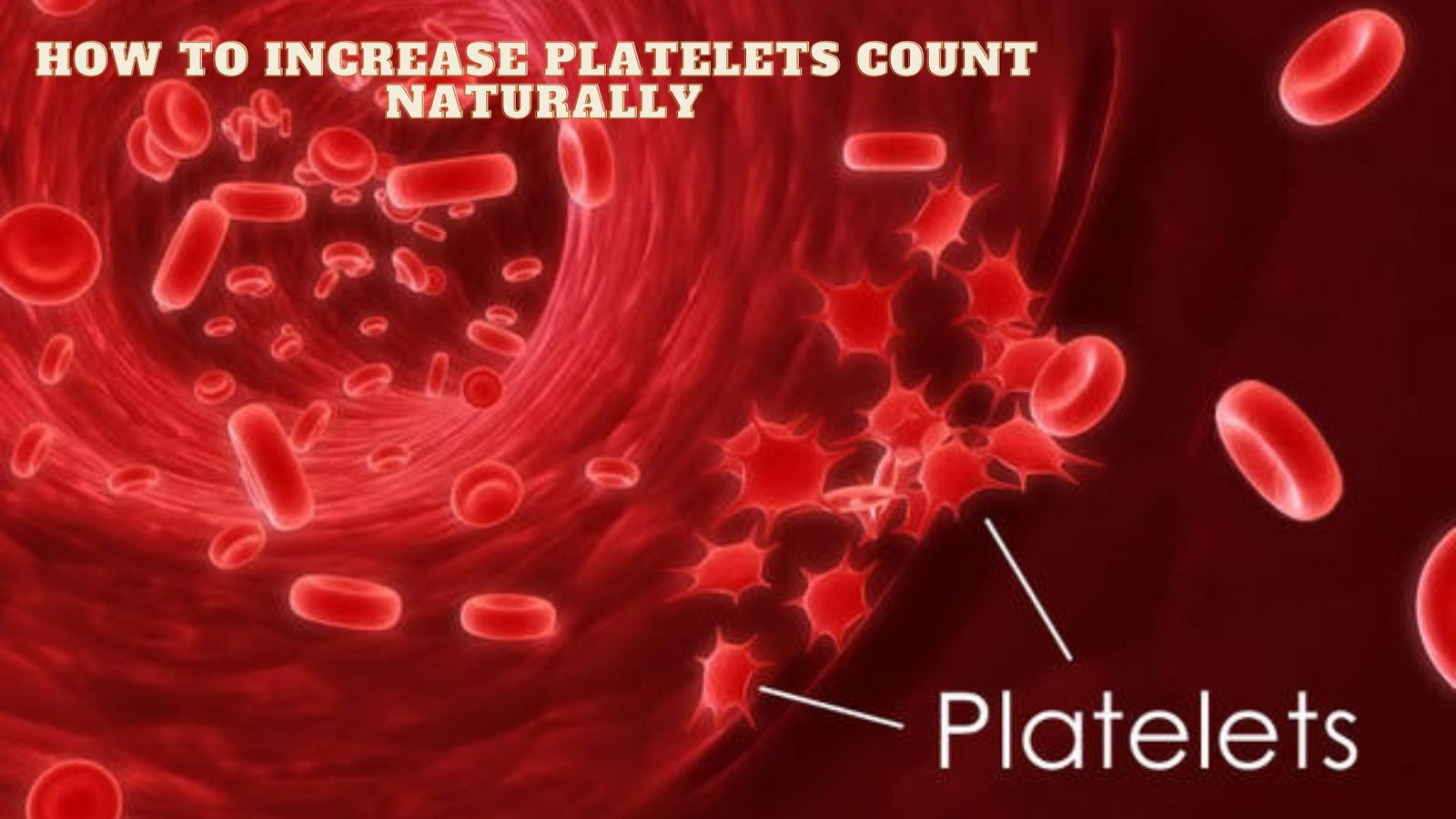What is Platelet?
Platelets, also known as thrombocytes, are small, irregularly shaped cells that circulate in the blood. They are formed in the bone marrow and play an important role in blood clotting. When an injury occurs and a blood vessel is damaged, platelets rush to the site of the injury and form a plug to stop the bleeding.
In addition to their role in blood clotting, platelets also play a role in inflammation, wound healing, and immune response. Platelets contain granules that release various growth factors and cytokines that promote tissue repair and regeneration.
Platelets count in blood.
The normal range of platelet count in the blood is between 150,000 and 450,000 per microliter. If the platelet count falls below this range, it can lead to a condition called thrombocytopenia, which can increase the risk of bleeding and bruising. Conversely, if the platelet count is too high, it can increase the risk of blood clots.
Low platelet count, can have various causes:-
- Bone marrow disorders: The bone marrow is responsible for producing platelets, so disorders that affect the bone marrow, such as leukemia or myelodysplastic syndrome, can cause low platelet count.
- Medications: Certain medications, such as chemotherapy drugs, heparin, and some antibiotics, can decrease platelet count.
- Viral infections: Some viral infections, such as dengue fever and HIV, can cause low platelet count.
- Autoimmune disorders: Autoimmune disorders, such as lupus and rheumatoid arthritis, can cause the body to produce antibodies that attack platelets, leading to a low platelet count.
- Pregnancy: In some cases, pregnancy can cause low platelet count, especially in the third trimester.
- Alcohol abuse: Heavy alcohol consumption can damage the bone marrow and reduce platelet count.
- Nutritional deficiencies: A lack of certain vitamins, such as vitamin B12 and folate, can lead to low platelet count.
- Inherited conditions: Some inherited conditions, such as Wiskott-Aldrich syndrome and May-Hegglin anomaly, can cause low platelet count.
How to increase platelet count naturally.
There are several ways to increase your platelet count, including:
- Diet: Eating a healthy, balanced diet can help increase your platelet count. Foods that are rich in vitamin B12, folic acid, and iron can help increase the production of platelets in your body. These foods include leafy green vegetables, beans, eggs, lean meats, fish, and fortified cereals.
- Exercise: Regular exercise can help increase your platelet count by improving blood flow and circulation. This can help stimulate the production of platelets in your bone marrow.
- Medications: In some cases, medications may be prescribed to increase your platelet count. These medications may include steroids or immune globulin, which can help stimulate the production of platelets.
- Supplements: Supplements such as vitamin B12, folate, and iron can help increase your platelet count. However, it’s important to talk to your doctor before taking any supplements.
- Avoiding certain medications: Certain medications, such as blood thinners, can decrease your platelet count. If you are taking these medications, talk to your doctor about alternatives.
- Treating underlying medical conditions: If your low platelet count is due to an underlying medical condition, such as an autoimmune disorder or a viral infection, treating the underlying condition may help increase your platelet count.
